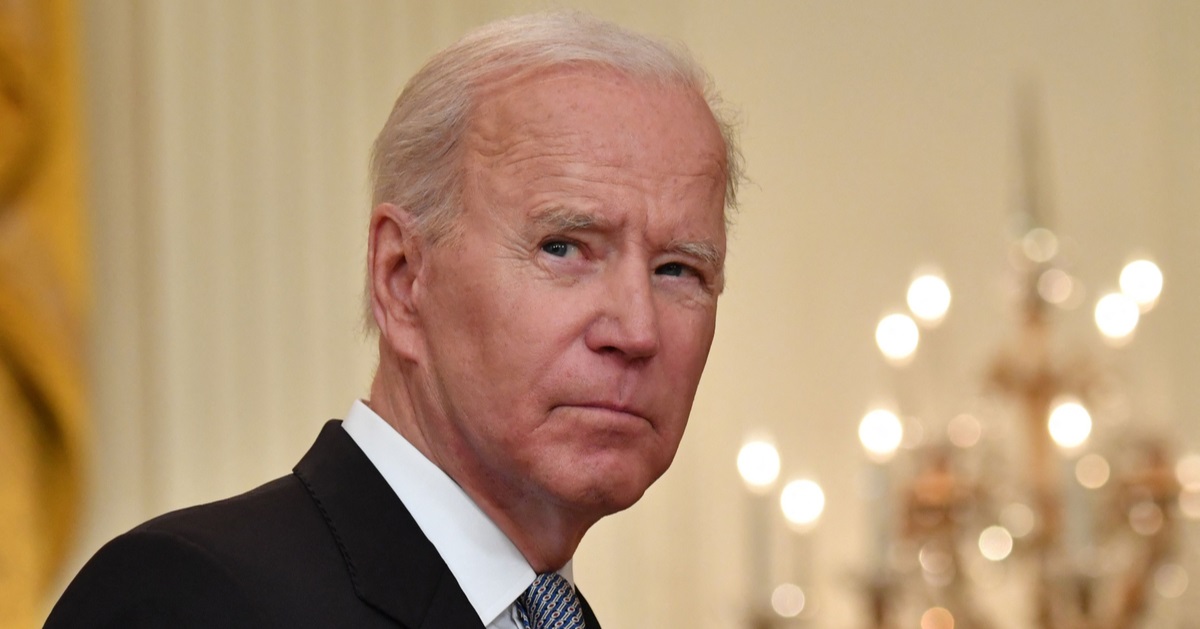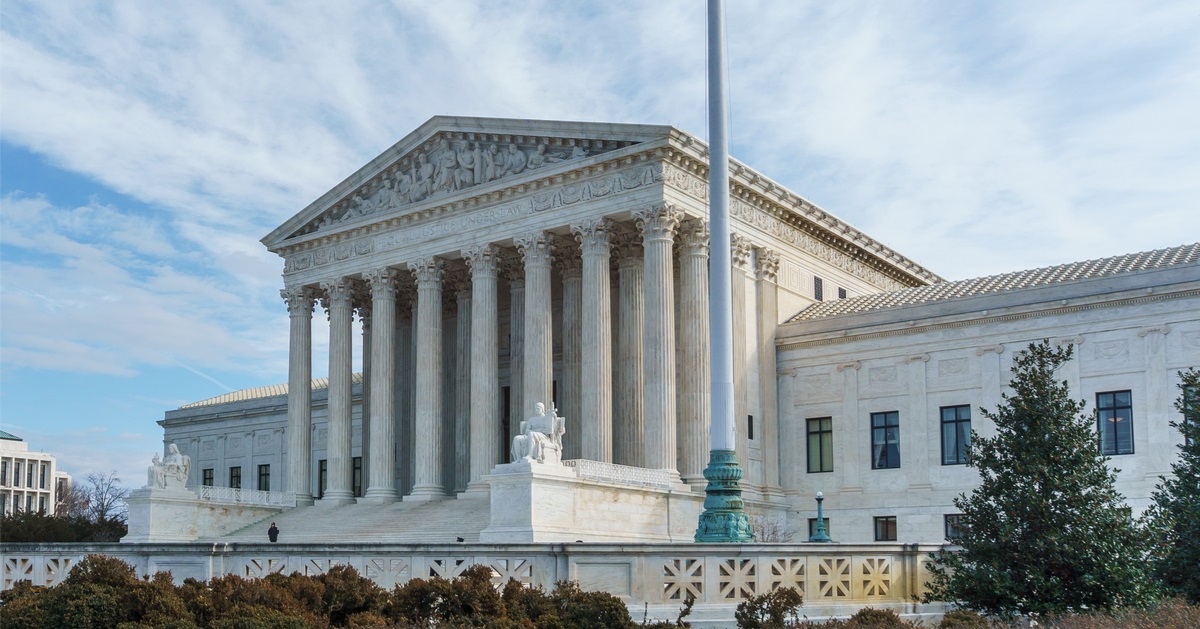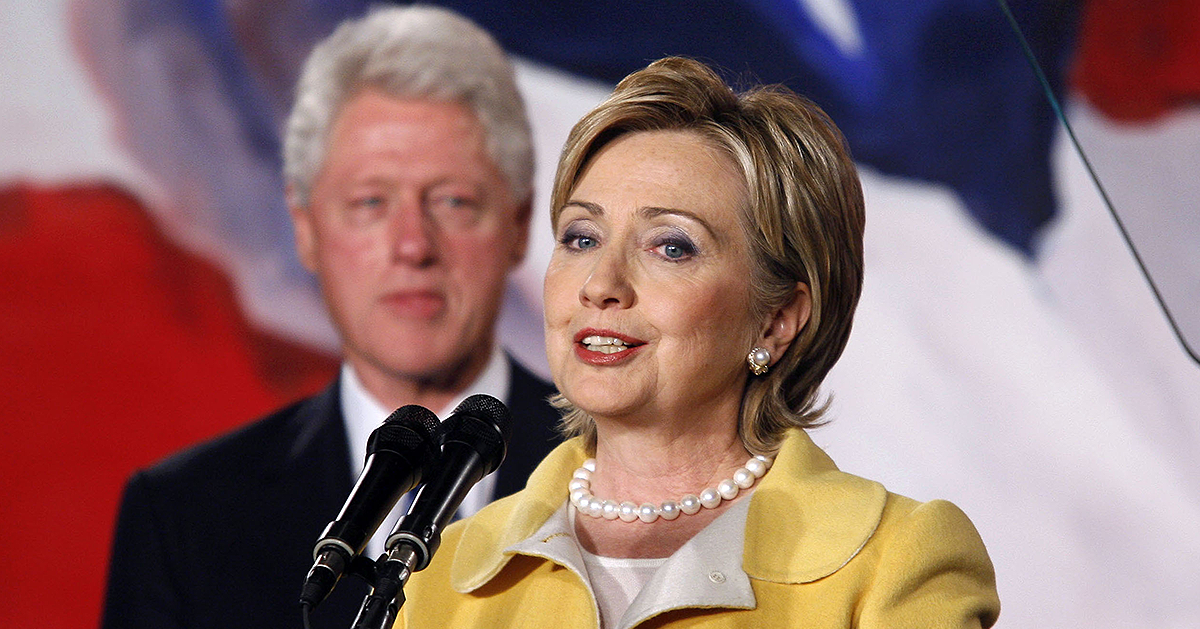Trump asks Georgia appellate court for oral arguments in appeal to disqualify DA Willis
Georgia's appellate court will consider later this year an appeal of trial court Judge Scott McAfee's decision to allow Fulton County District Attorney Fani Willis to remain as the lead prosecutor in the 2020 election-related case against former President Donald Trump despite an obvious appearance of conflicts of interest and impropriety.
Trump and his attorneys aim to have Willis removed from the case and have now asked the Georgia Court of Appeals to hold oral arguments so that they can explain in person why the prosecutor should be disqualified, according to The New York Sun.
Though the appellate court recently tentatively scheduled oral arguments for October, that is not guaranteed and it is actually rather rare for that court to hear in-person arguments as the judges instead typically rely solely upon written briefs and the trial court's record.
DA Willis' "extrajudicial comments" should be disqualifying
In an eight-page filing on Monday, former President Trump's lead attorney in the Georgia case, Steve Sadow, suggested that "Oral argument will aid the decisional process of this appeal" because it involves a "novel issue of first impression concerning the legal standard for 'forensic misconduct' to disqualify an elected District Attorney and her office."
"Forensic misconduct" was defined in a footnote as "any activity by the prosecutor which tends to divert the jury from making its determination of guilt or innocence by weighing the legally admitted evidence," and in this particular case, that involved DA Willis' "litany of extrajudicial comments" about the Trump prosecution made during a nationally televised speech at a church on MLK day in January.
"In this speech," Sadow wrote, "DA Willis injected race and her communications with God into the case (and the prospective jury pool) and stoked racial animus against the defendants and their counsel, by, among other statements, asking God why the defendants challenged her conduct in hiring a Black man but not his White counterparts, and why the judgment of a Black female Democrat was not as good as White male Republicans."
It was asserted that Judge McAfee "erred" in not disqualifying Willis for her "extrajudicial comments" even as the judge also "found that DA Willis’ collective actions created an appearance of impropriety and an 'odor of mendacity' that now permeate this case, and a continuing possibility that 'an outsider could reasonably think that District Attorney Willis is not exercising her independent professional judgment totally free of any compromising influences.'"
As such, the attorney continued, McAfee's "factual findings were inconsistent" with relevant precedent, and his "proposed remedy -- the withdrawal of Special Assistant DA Wade - did nothing to cure nor mitigate the harm to the defendants from DA Willis’ extrajudicial speech."
Important for appellate court to ensure public perception of fairness
Former President Trump's attorney wasn't quite finished yet, though, as he further argued that oral arguments before the appellate court were necessary to help "simplify an unusually complex case" at this stage, given that "several legal conclusions" had been challenged by nine different defendants.
"Here, focused time to get it right is important -- failure to disqualify a prosecutor who should be disqualified is a structural error that can necessitate retrial without a showing of prejudice," Sadow wrote. "This error could cause an upheaval of not one, but multiple, costly jury trials if not accurately redressed beforehand."
The lawyer concluded by asserting that public faith in the integrity of the judicial system was "critical" and that courts had an "obligation" to make sure that all legal proceedings appeared to be conducted in a fair manner.
Sadow finished, "Nowhere are these interests more important or on display than in a high-profile case that involves a former president of the United States, who is also the presumptive Republican nominee in the ongoing Presidential Election, and whose prosecution in Fulton County, Georgia has captured the attention of our great Nation. Oral argument is therefore warranted."
Oral arguments are rare for the Georgia appellate court
The Washington Examiner reported on the filing and noted that it was rather rare for the Georgia appellate court to hear oral arguments in a case, as per the court's statistics such requests were only granted "around 32% to 41% of the time."
As noted, the appeals court has already tentatively scheduled oral arguments in the case for October 4, though that could be canceled or rescheduled if deemed necessary, and a final decision is expected no later than March of next year, though the court could certainly issue a ruling much sooner than that as well, which DA Willis' office has requested the court to do.






